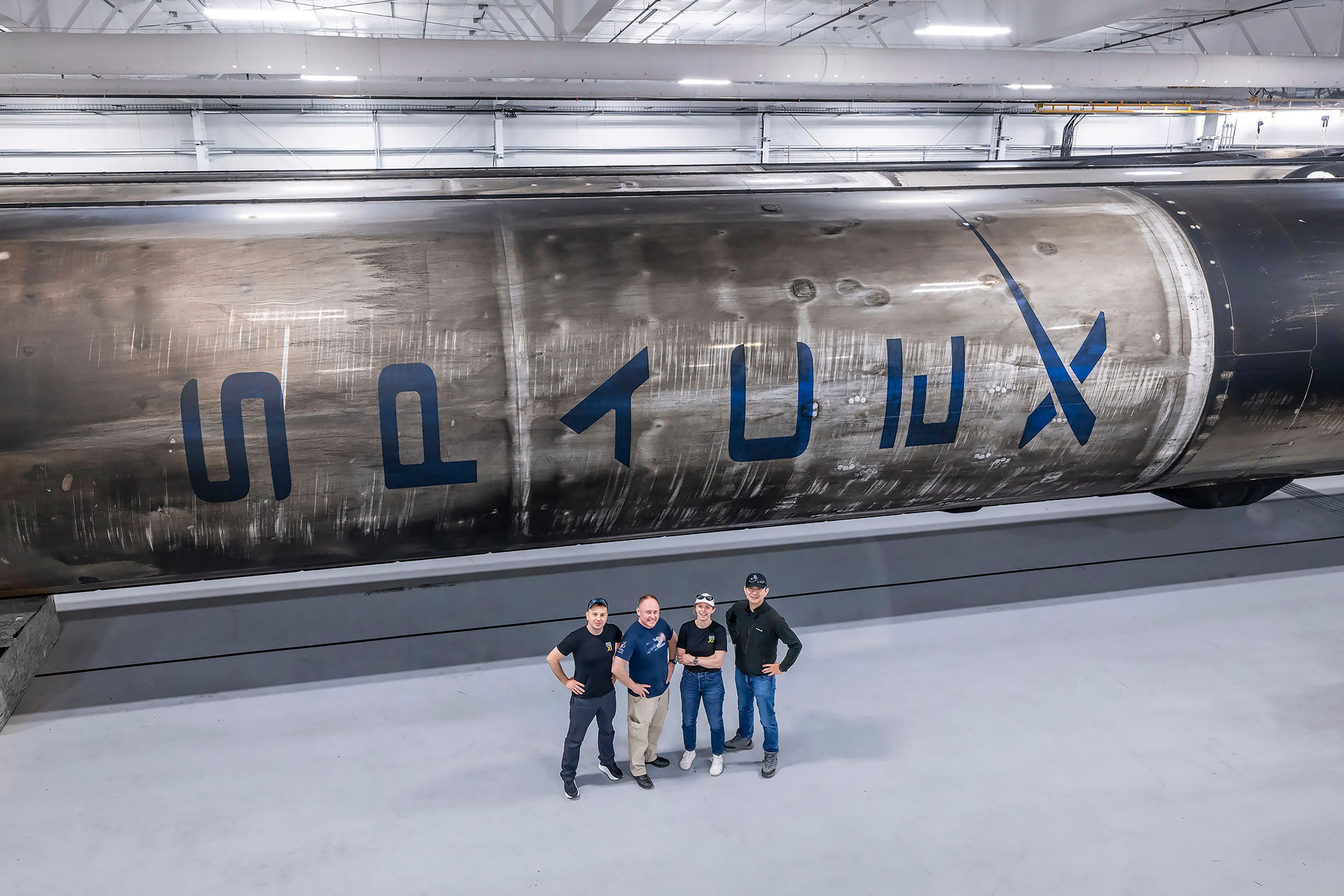Discovery's Difficulties Make Russians Proud of Soyuz Workhorse
MOSCOW (AP) -- WhileNASA frets over the space shuttle's new round of troubles, Russian spaceofficials are glowing with pride for their 40-year old workhorse _ the crampedbut reliable Soyuz spacecraft.
WhenNASA grounded future shuttle flights after a big chunk of insulating foam flewoff Discovery's fuel tank during liftoff last week, a senior Russian spaceofficial even proposed quickly building several Soyuz spacecraft to evacuatethe shuttle's crew of seven together with the international space station'stwo-man crew if the need arises.
"Ifwe work really hard, we can bring nine people down in next January and Februaryby three Soyuzes," Nikolai Sevastyanov,the head of the state-controlled RKK Energia rocketmaker said last week.
Althoughthat proposal seemed to strain the limits of credibility -- the astronautswouldn't have food and water to last that long -- it reflected theextraordinarily high esteem in which Russian space officials hold their veteranspacecraft.
TheRussian manned space program has had no fatalities since three cosmonauts diedduring re-entry in 1971. Over the past two decades, 14 astronauts have died inspace shuttle accidents.
TheSoyuz and its unmanned cargo version, the Progress, date back to the mid-1960sand can be used only once, unlike the space shuttles. The Soyuz is decidedlyclaustrophobic with three cosmonauts cramped in their seats during the entiretwo-day trip to the station. A Progress can carry only 2.5 metric tons (2.75tons) of cargo, less than a fifth of what a U.S. shuttle can haul.
Russianspace officials and cosmonauts bristle at critics who point to the ship's oldage, saying its latest version, the Soyuz TM, is equipped with modern enginesand computers and looks similar to the original Soyuz only in general shape.
Get the Space.com Newsletter
Breaking space news, the latest updates on rocket launches, skywatching events and more!
Inthe late 1980s, the Soviet space program built its own version of the shuttle-- called the Buran -- which made a successful maidenflight in 1988. Soviet space officials claimed at the time that the Buran was superior to its American rival because of itsability to fly on autopilot and its bigger capacity, but the program wasmothballed amid chaos and fund shortages in the run-up to the 1991 Sovietcollapse.
SeveralBuran shuttles have been left rusting in hangars. Onesits forlornly in a junkyard adjacent to the railroad tracks that carry Soyuzassemblies to the launching pad at the Baikonur Cosmodrome; another was put on display in Moscow'sGorky Park.
Inrecent years, with the flow of petrodollars bringing an increase in the Russianspace agency's budget, its leaders have begun pondering a Soyuz replacementcalled Clipper.
NikolaiMoiseyev, the deputy head of the Russian spaceagency, said recently that the Clipper would be reusable but wouldn't bemodeled on the U.S.shuttle or the Buran. "Many experts believe thatcombining crew and cargo deliveries in one ship is irrational from the point ofview of safety," Moiseyev said.
Despitethe recent fund increases, Russia'sspace budget at 18.3 billion rubles (US$638 million; euro531 million) this yearis dwarfed by NASA's budget of US$16.5 billion (euro14 billion). Russian spaceofficials are courting the European Space Agency, offering to jointly developthe Clipper and share costs.
Duringthe 2 1/2-year break in the shuttle program after the 2003 Columbia disaster, Russian spacecraft servedas the sole link to the international space station. Russia and other nationsparticipating in the station project have been impatient to see the shuttle'sreturn to flight in order to deliver new modules and bulky equipment needed tocomplete the construction of the space outpost.
Incase of a lengthy suspension of further shuttle flights, Russian spaceofficials warned they would charge Americans money for further Soyuz andProgress missions to the station. Previous flights haven't earned Moscow any money becauseit needed to pay back debts to NASA, but officials said further flightsstarting 2006 will be conducted on commercial basis.
AProgress costs about US$22 million, and a Soyuz is slightly more expensive.
Join our Space Forums to keep talking space on the latest missions, night sky and more! And if you have a news tip, correction or comment, let us know at: community@space.com.









